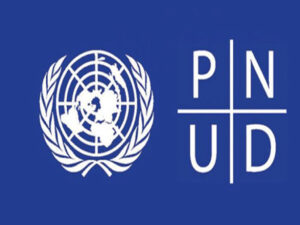Freely available on the eve of the UN Conference on Climate Change (COP27), UNDP’s statement is based on data revealing the devastating impact of such a process on people´s lives, for whom inequality will be greatly accentuated in terms of health in forthcoming decades.
According to UNDP, while one-third of the G20 state members, responsible for most of the carbon emissions, will see a rise in mortality due to climate change, death toll will reach about 75% of the least developed countries.
“Our cardiovascular and respiratory systems are stressed by rising temperatures. This effect will be seen globally as the environment continues to warm, but its effect will be quite different in sites that have the means to respond and adapt, and in those lacking capacity,” said UNDP.
Effects on people’s lives will be seen in mortality, work capacity and energy use, as consequences of global warming with a marked cancer toll in some parts of the world.
For example, in Dhaka, the capital of Bangladesh, under a scenario of very high emissions, the additional deaths by 2100 due to climate change (132 in every 100,000 people per year) would be nearly twice Bangladesh’s current annual death rate from all cancers, and 10 times its annual road traffic fatalities.
“In 2022, communities in every corner of the globe are witnessing a climate emergency that is hitting much faster and harder than many projected, representing both a threat to our future and a very real risk that must be addressed in the here and now,” says UNDP Administrator Achim Steiner.
pll/jcm/crc










